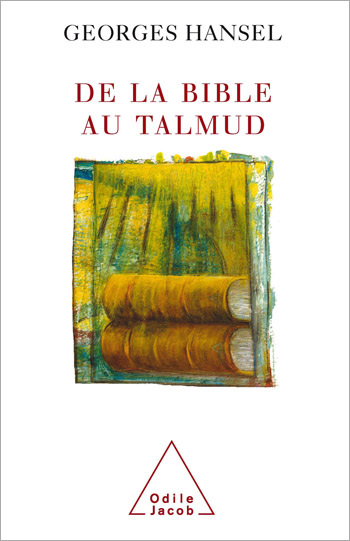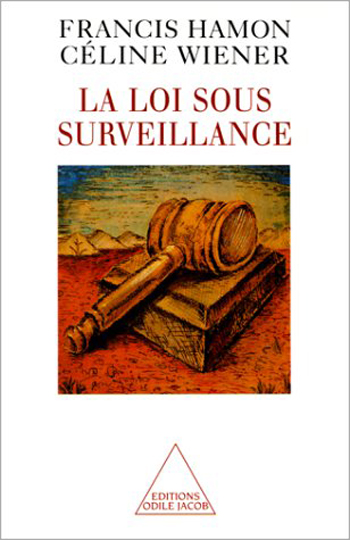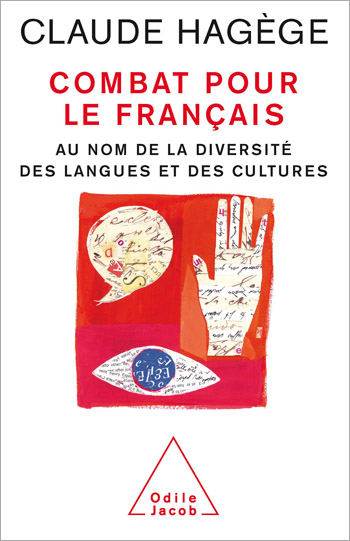Human Sciences All books
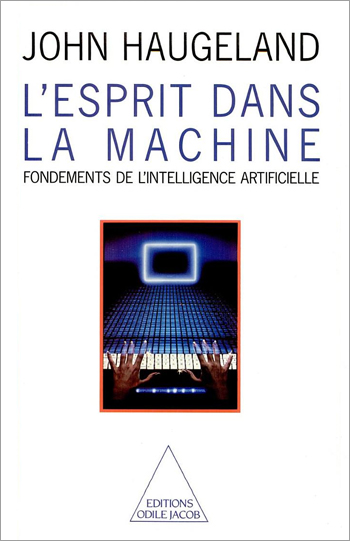
John Haugeland
Artificial Intelligence: The Very Idea
At once philosophical and instructive, this work offers a synthesis of a discipline that marks a revolution, both intellectual and technological, in the approach of the human spirit. John Haugeland teaches philosophy at the University of Pittsburg.

Jean-Pierre Hansen, Jacques Percebois
Electricity in Transition What Europe and the markets couldn’t tell you
The history of electricity as you’ve never heard it before. A genuine mini-guide to economic issues through the example of electricity: price formation, transmission costs, monopolies.

Georges Hansel
Talmudic Explorations
Shrouded in legend, wrapped in mystery, disparaged, censored, and sometimes even burned, the Talmud remains one of the cornerstones of Judaism. Yet the general reader knows little about it. What is the source of the shared inspiration underlying Talmudic texts which are known to address every aspect of human existence? What are the basic Talmudic notions of morality, politics, and the law, as well as of family and social relationships? Georges Hansel unveils the basic Talmudic principles as well as the underlying inspirational forces that are responsible for their coherence. Georges Hansel is a mathematician and professor emeritus at the University of Rouen.
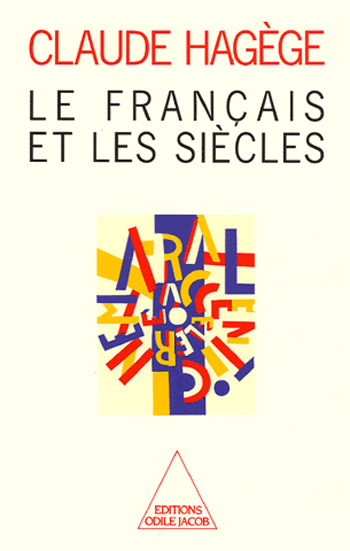
Claude Hagège
The French Language and the Centuries
Claude Hagege illustrates how the internal purity of the French language, less endangered than one might think, has been pushed aside in favor of its external promotion, less real than one might imagine. He increases our awareness of a major reality of the times. The French language is no longer the exclusive property of France; it has become an international affair. Claude Hagege is a professor at the Collège de France.

